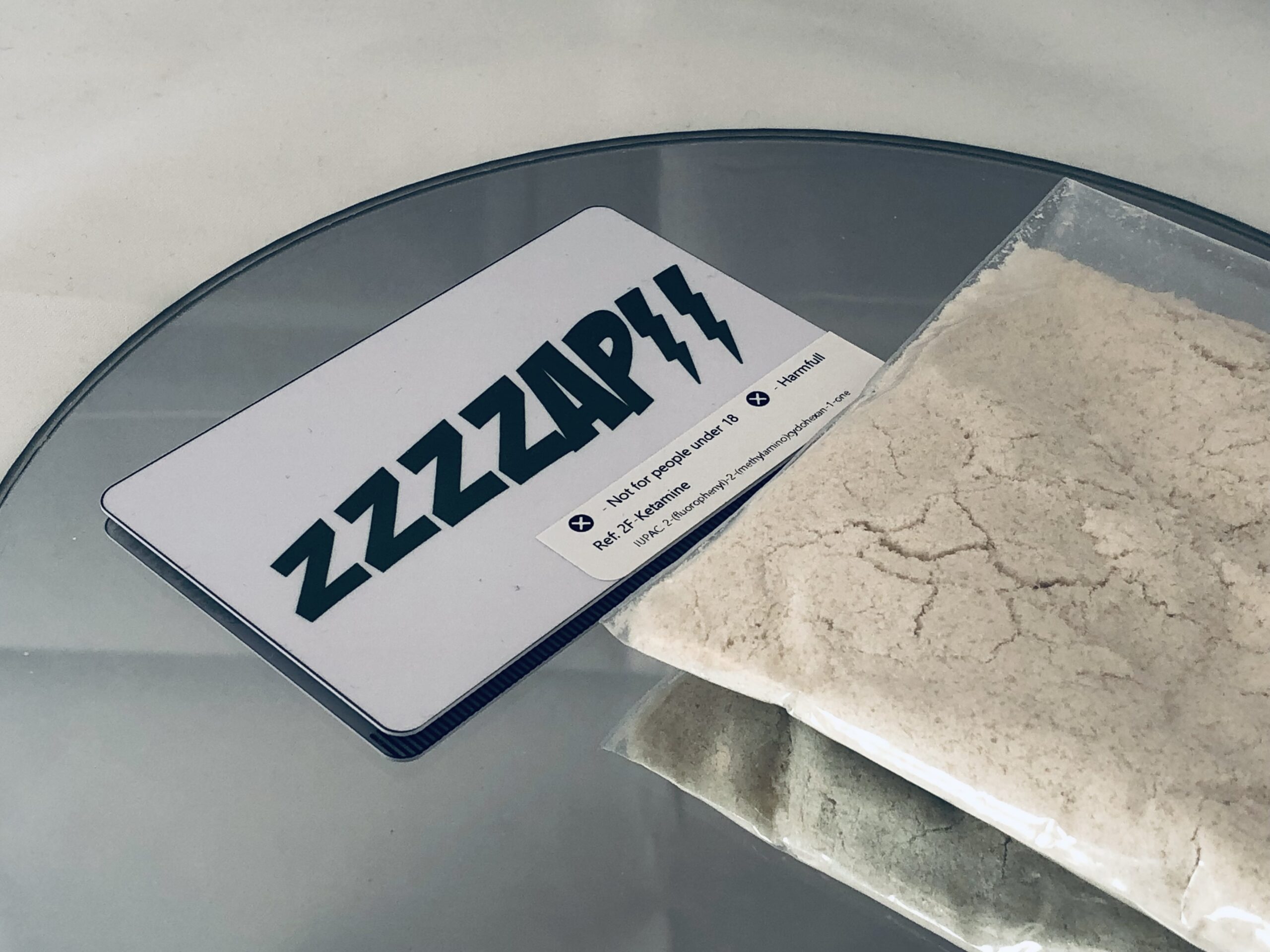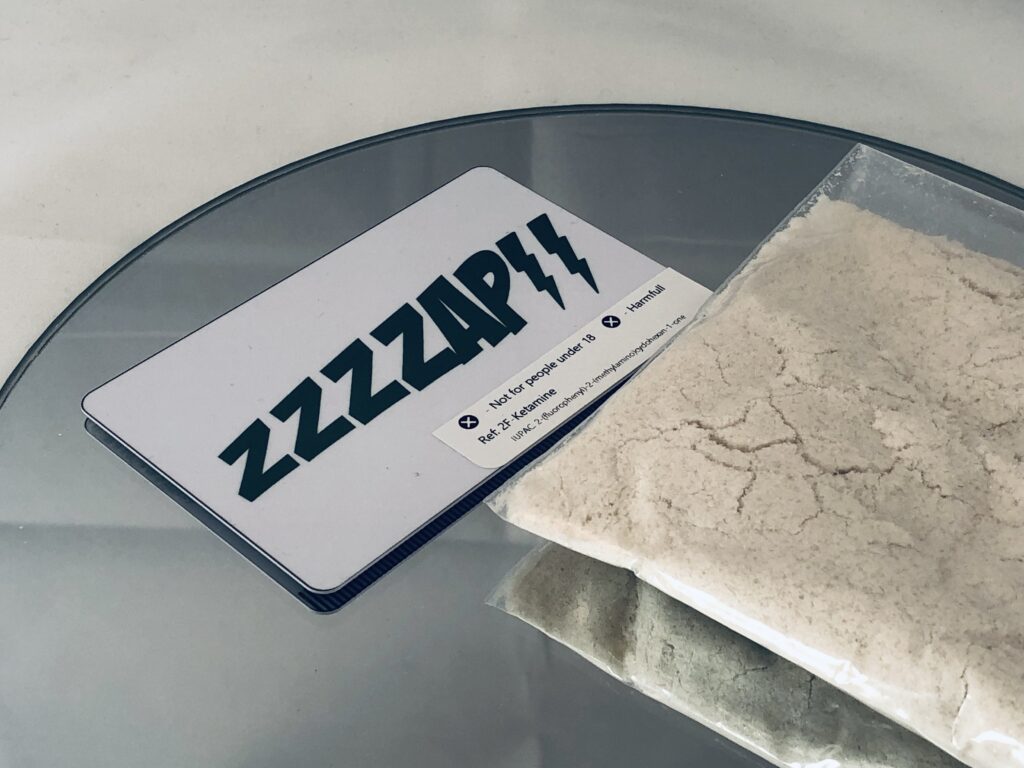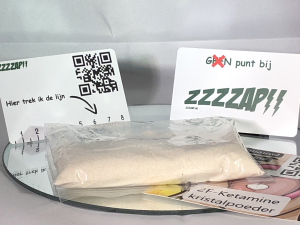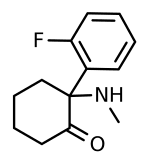Effect of ketamine
Ketamine is a powerful anesthetic that has been used for more than fifty years to relieve pain and perform surgery. However, in recent years there has also been a surge of interest in the psychoactive effects of ketamine, which can help treat depression, anxiety and other mental disorders. In this article we will discuss the action of ketamine and its effects on the body and mind.
How does ketamine work?
Ketamine acts on the central nervous system and affects the activity of several neurotransmitters, including glutamate, dopamine and serotonin. It is an NMDA receptor antagonist, meaning it blocks the action of the NMDA receptor in the brain. The NMDA receptor is an important type of glutamate receptor involved in learning processes and the formation of memories.
By blocking the NMDA receptor, ketamine reduces the activity of the glutamate neurotransmitter. This can lead to a reduction in communication between different parts of the brain and a reduced sensitivity to pain. Ketamine also affects the brain's dopamine and serotonin systems, which are involved in emotion regulation and reward behavior.
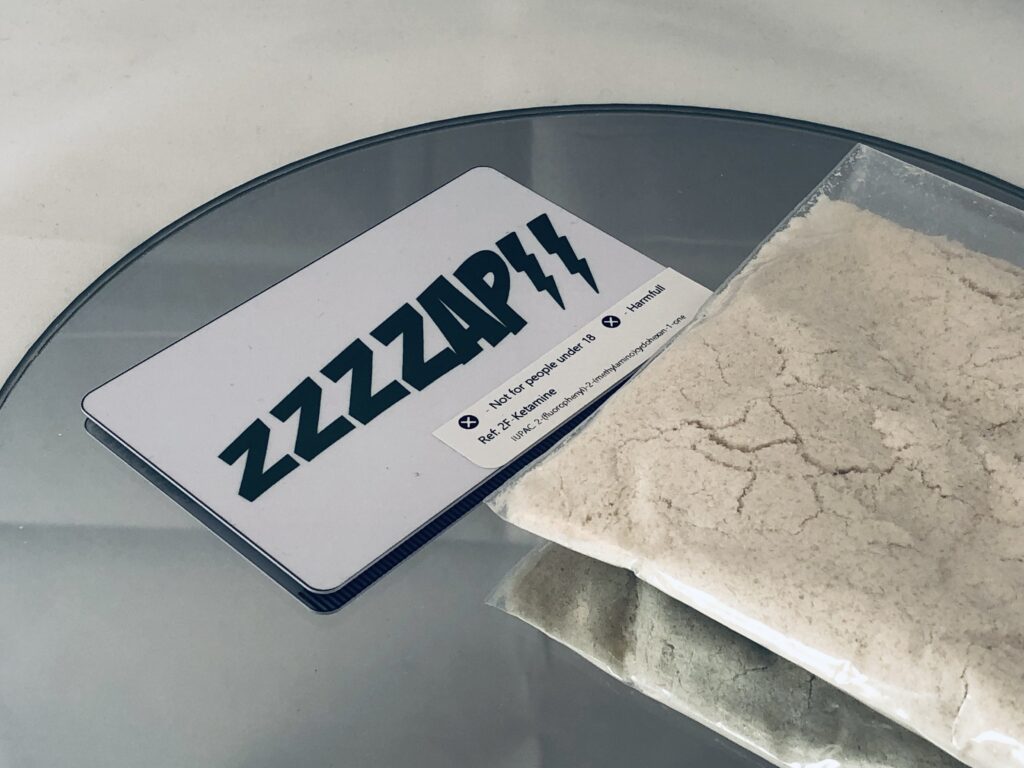
Effects of ketamine
The effects of ketamine depend on the dose and route of administration. At low doses, for example for pain relief or anesthesia, ketamine can lead to a feeling of numbness and a slight reduction in consciousness. However, at higher doses hallucinogenic and dissociative effects can occur, which is why ketamine is also used recreationally.
The dissociative effects of ketamine are often described as a feeling of separation between body and mind. People can feel themselves floating outside their own body and experience a changed sense of time. It can also lead to distorted sensory perception, such as changing colors and shapes or hearing sounds that are not there.
However, the hallucinogenic effects of ketamine can also come with risks, such as losing touch with reality or experiencing terrifying visions. It is therefore important that ketamine is only used under the supervision of a qualified doctor or therapist.
Ketamine and depression
One of the most promising uses of ketamine is in the treatment of depression. Research has shown that a single dose of ketamine can cause a significant reduction in depressive symptoms within hours. It appears to be especially effective in people who do not respond to traditional antidepressants.
The exact effect of ketamine on depression is not yet fully understood, but it appears to be related to its effects on the glutamate system in the brain. Depression is often associated with reduced glutamate function, which can lead to reduced neural plasticity and impaired communication between different brain regions. Ketamine can counteract these effects by increasing the activity of the glutamate system.
In addition, ketamine appears to stimulate the production of BDNF (brain-derived neurotrophic factor), a protein involved in the growth and survival of neurons in the brain. Decreased BDNF production is associated with depression, so the stimulation of BDNF by ketamine may contribute to its antidepressant effects.
Although ketamine shows promise as a treatment for depression, there are still concerns about its long-term effects and potential for abuse.
-
 1P-LSD 100mcg blotterFrom €5,95
1P-LSD 100mcg blotterFrom €5,95
Ketamine and anxiety
As with depression, ketamine also appears to be effective in treating anxiety disorders. Anxiety disorders are often associated with increased activity in the limbic system, a brain region involved in emotion regulation. Ketamine can reduce this excessive activity and restore communication between different brain regions.
There is also evidence that ketamine can strengthen connections between neurons and promote the growth of new neurons. This can contribute to the brain's ability to adapt and recover from stress and trauma.
Ketamine and addiction
There has also been interest in using ketamine to treat addiction. Although its exact effect is not yet fully understood, ketamine appears to help reduce cravings and improve emotion regulation in people with addiction problems.
However, much research is still needed before ketamine can be recommended as a treatment for addiction. There are also concerns about the risk of addiction and abuse with the recreational use of ketamine.
Conclusion
Ketamine is a powerful anesthetic that can also have psychoactive effects at higher doses. It acts on the central nervous system and affects the activity of several neurotransmitters, including glutamate, dopamine and serotonin. Ketamine can be effective in treating depression, anxiety and addictions.

